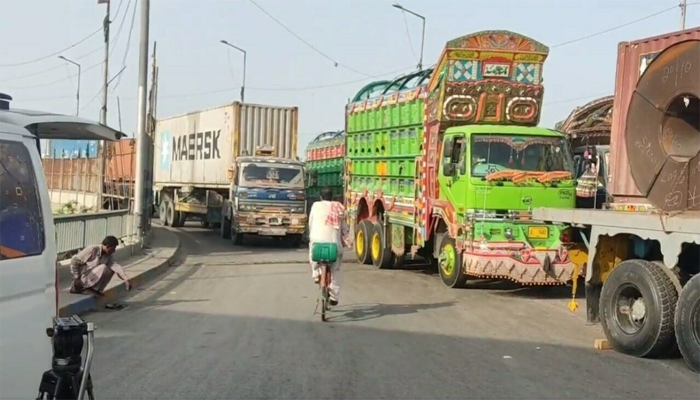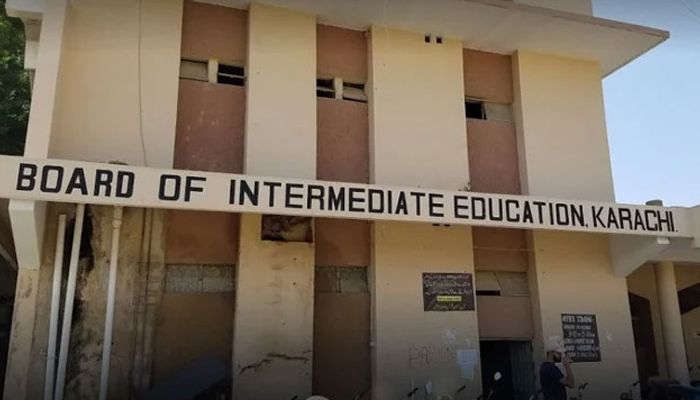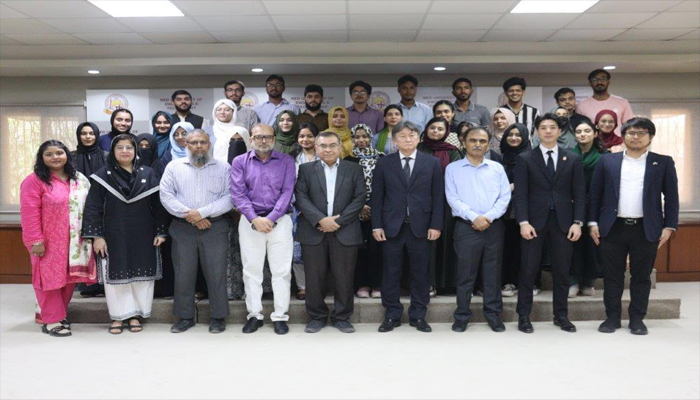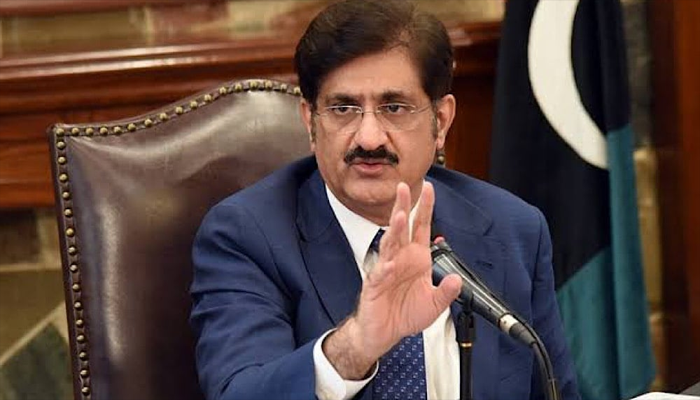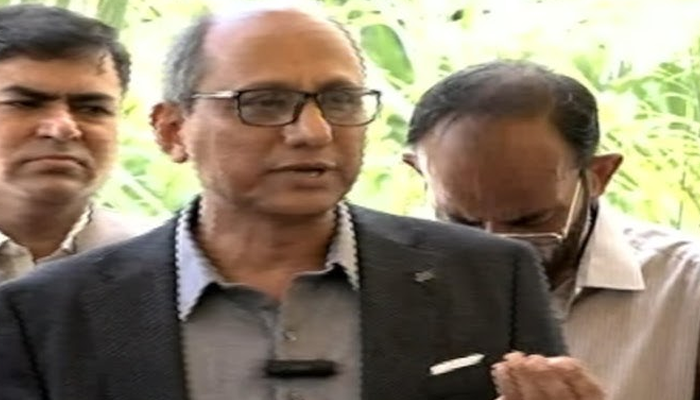KARACHI: Efforts to disperse protesters blocking national highways in parts of Sindh remained unsuccessful on Sunday, as the ongoing protests against the controversial River Indus canal project continue to paralyze cross-country traffic. Thousands of trucks remain stranded, with manufacturers and port authorities warning of severe repercussions if the situation is not resolved soon.
The protests, spearheaded by nationalist parties, lawyers, and civil society groups, were sparked by the federal government's proposal to build new canals on the River Indus. Despite the federal government and the Pakistan Peoples Party (PPP) in Sindh agreeing to postpone the project, these groups remain unconvinced and have vowed to continue their protests until the postponement is made official.
Transportation Crisis: Thousands of Trucks Stranded
In several parts of Sindh, including Kandhkot, Kashmore, Ghotki, Sukkur, and Khairpur, thousands of heavy vehicles are stuck in long queues. Transporters are facing immense challenges, with around 30,000 trucks and oil tankers impeded from moving. The All Pakistan Goods Transporters Association reported that approximately 90,000-100,000 drivers and helpers have been stranded for over ten days.
The situation has taken a toll on transporters as well as manufacturers. Nisar Jafry of the transporters' association noted that each truck carries goods worth Rs10 million, whether for export, import, or locally produced materials. In addition to financial losses, drivers are also facing food and water shortages as they remain stranded on the highways.
Impact on Ports and Industry
At the Karachi Port Trust (KPT), the closure of roads in Sindh has disrupted both the arrival of export cargo and the movement of imported goods. An official at KPT stated that while efforts are being made to manage the situation, continued road closures may lead to severe congestion at the port. The flow of imported goods is particularly concerning, as delays in clearance could exacerbate the supply chain crisis.
The disruptions have also created challenges for manufacturers. Many factories have been forced to halt production due to a shortage of raw materials. Representatives from various industrial sectors, including the Overseas Investors Chambers of Commerce and Industry, the Oil Companies Advisory Council, and the Fertilizer Manufacturers of Pakistan Advisory Council, have expressed concerns over the mounting economic impact.
Government Intervention and Efforts to Resolve the Crisis
On Sunday, President Asif Ali Zardari met with Sindh Chief Minister Murad Ali Shah to discuss the ongoing protests and the resulting transportation paralysis. Sources revealed that the chief minister expressed frustration over political parties exploiting the issue for their own gains and emphasized the need for a resolution.
Transport Minister Sharjeel Inam Memon also intervened, urging political parties and the legal community to ensure the reopening of roads. He emphasized that the public, farmers, and vulnerable sectors are suffering, and that reopening roads would help mitigate further economic damage.
Despite these efforts, protests are set to continue, with the All Pakistan Goods Transport Alliance planning a demonstration outside the Sindh CM House on Monday. If unresolved, the ongoing crisis may escalate, further hampering the logistics supply chain, with devastating consequences for both local and international trade.

